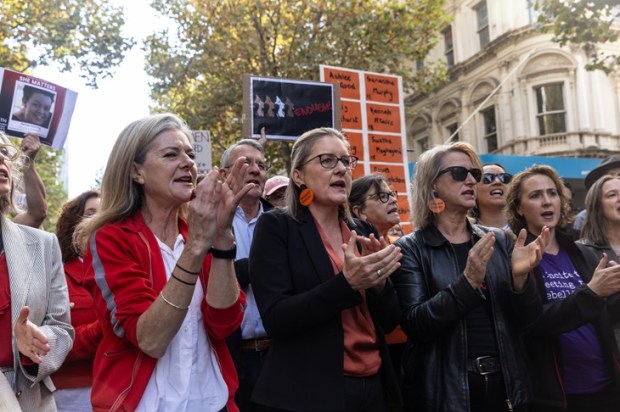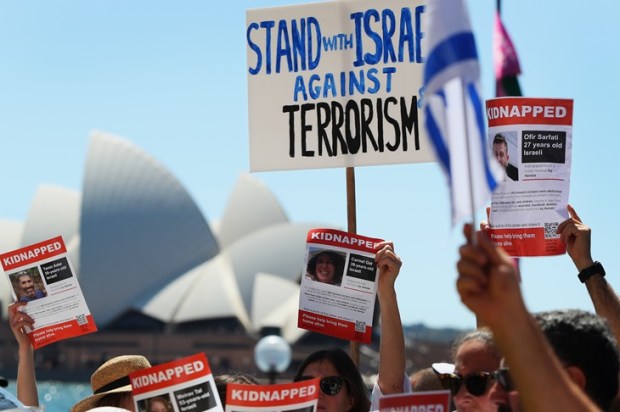It was difficult to watch Victorian Premier Jacinta Allan join the national marches against gendered violence last month knowing she has snubbed one of the most significant campaigns for the protection of women in Victoria.
While Premier Allan marched in the ‘No More’ rallies and made sweeping statements about governments needing to do better, there were 45 expert-endorsed recommendations that her government could have been actioning. These recommendations have been on the table since June 2022 following a Victorian Law Reform Commission inquiry into stalking and harassment laws.
The inquiry was triggered by the tragic death of Celeste Manno, a 23-year-old woman brutally murdered by her stalker in November 2020. Celeste took every measure available to protect herself, yet it wasn’t enough to prevent her former work colleague Luay Sako from smashing through her bedroom window and stabbing her to death. Her story highlighted the gaping holes in Victoria’s legislation and police response.
When the government announced its commitment to reviewing stalking laws, then Premier Daniel Andrews said ‘…if we can honour her memory by making changes, then that’s exactly what we will do.’ This gave the victim’s family hope that Celeste didn’t die in vain.
Yet almost two years since the Commission’s final report was tabled, nothing has happened. Despite candlelight vigils, rallies, media exposure, and repeated pressure in Parliament, not one recommendation has been adopted.
Then, last week, Attorney-General Jaclyn Symes admitted that she doesn’t plan on formally responding to the VLRC’s 45 recommendations.
In the past, the tragic murders of women have generated tangible political responses. The government vowed to implement tougher parole laws and allocate millions to plugging the cracks in the justice system following the murder of Jill Meagher in 2012 and schoolgirl Masa Vukotic in 2015. State and local governments said they would improve security and increase police patrols around Melbourne after the murder of Eurydice Dixon in 2018. Yet Celeste’s murder has gone relatively unnoticed by the Victorian government. Why is a government that postures so boldly on women’s rights apparently unresponsive on the issue of stalking and the case of Celeste Manno?
Stalking is serious. Recent crime figures show there has been a 12 per cent increase in stalking offences in the previous year. It deeply impacts psychological and physical health and can escalate to fatal violence. Thousands of public submissions to the recent inquiry showed victim’s reports to police weren’t taken seriously. This is the treatment Celeste and her family also experienced.
While adopting any of these recommendations alone won’t solve violence against women, it’s a strong start. They will make the offence of stalking clearer in law and easier to apply. They will improve the overwhelmed Personal Safety Intervention Order system and police response, and they will provide more support to victims.
The government isn’t just guilty of legislative inaction, but, in my opinion, the cold-hearted and insensitive treatment of Celeste’s family. Heartfelt promises were given to her mother, but not delivered. Her communication went unanswered. Ms Di Mauro’s advocacy for electronic monitoring, a similar system currently under trial in New South Wales, has fallen on deaf ears.
Celeste has been failed by Victoria’s police, political and justice systems over and over again.
She was initially dismissed by police, an intervention order didn’t protect her, her murderer escaped a life sentence and the government is ignoring the recommendations in her legacy. In addition, the government has cut $77 million from Victorian courts, weakened bail laws and failed to release the overdue sexual violence strategy.
So, while I generally support politicians’ participation in protests and rallies, this time it infuriated me. My challenge to the Premier is this: if this really is a national crisis, stop marching and start working. Fix the system and create a legacy for Celeste Manno that will begin to provide real protection for Victorian women.
Renee Heath MP, Member for Eastern Victoria Region

























